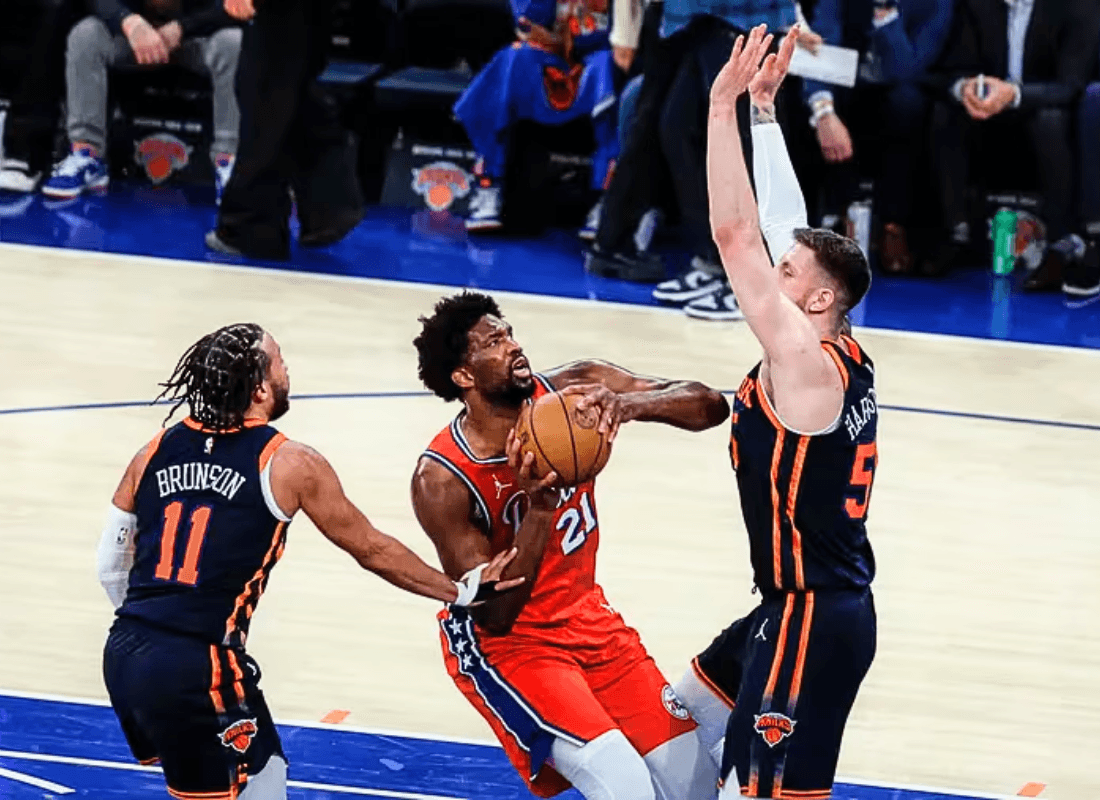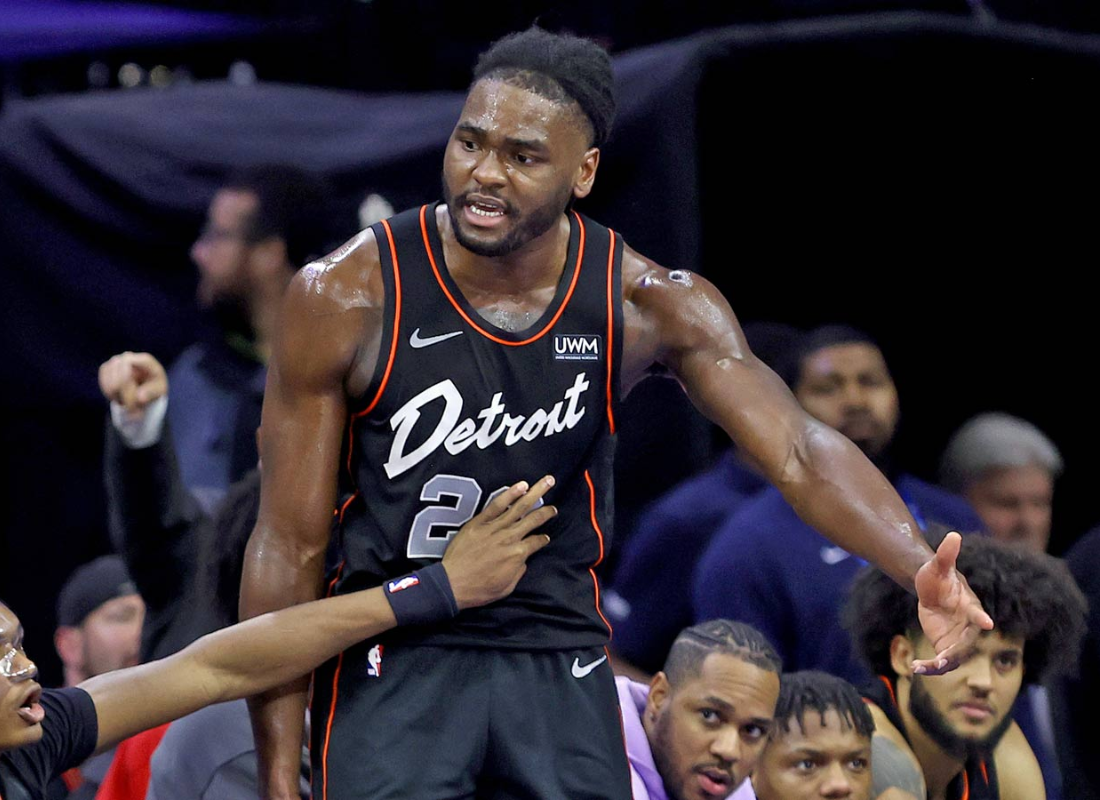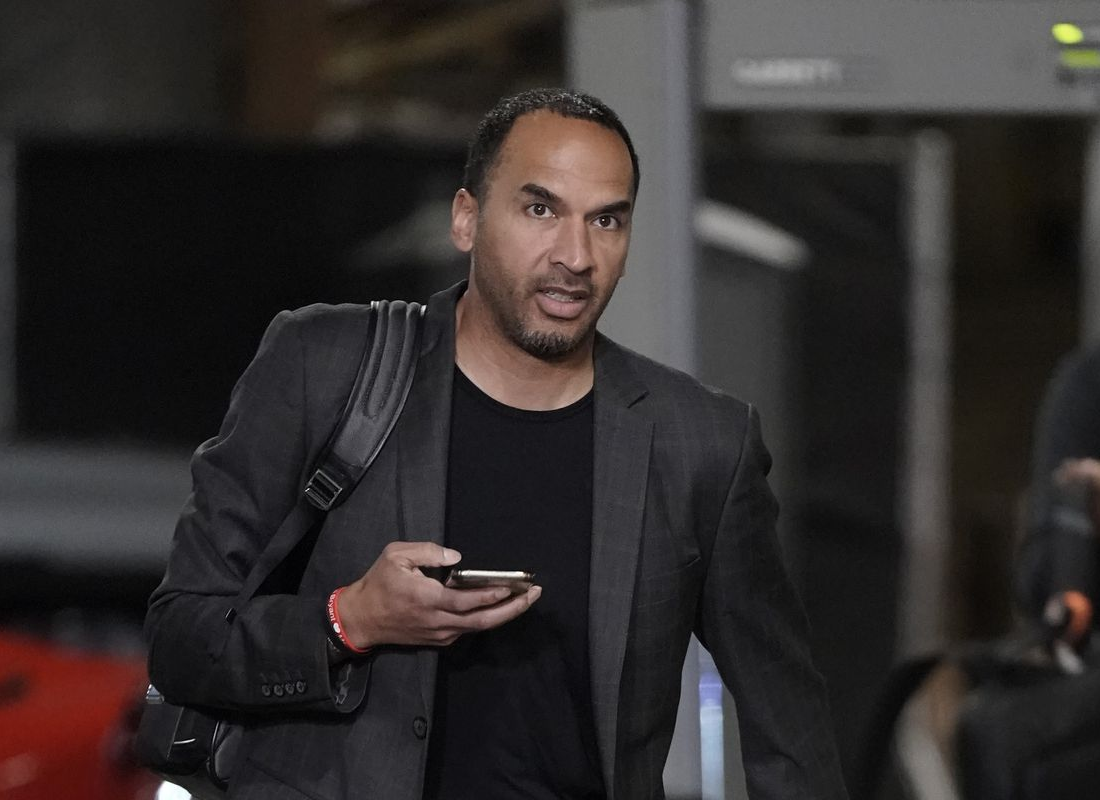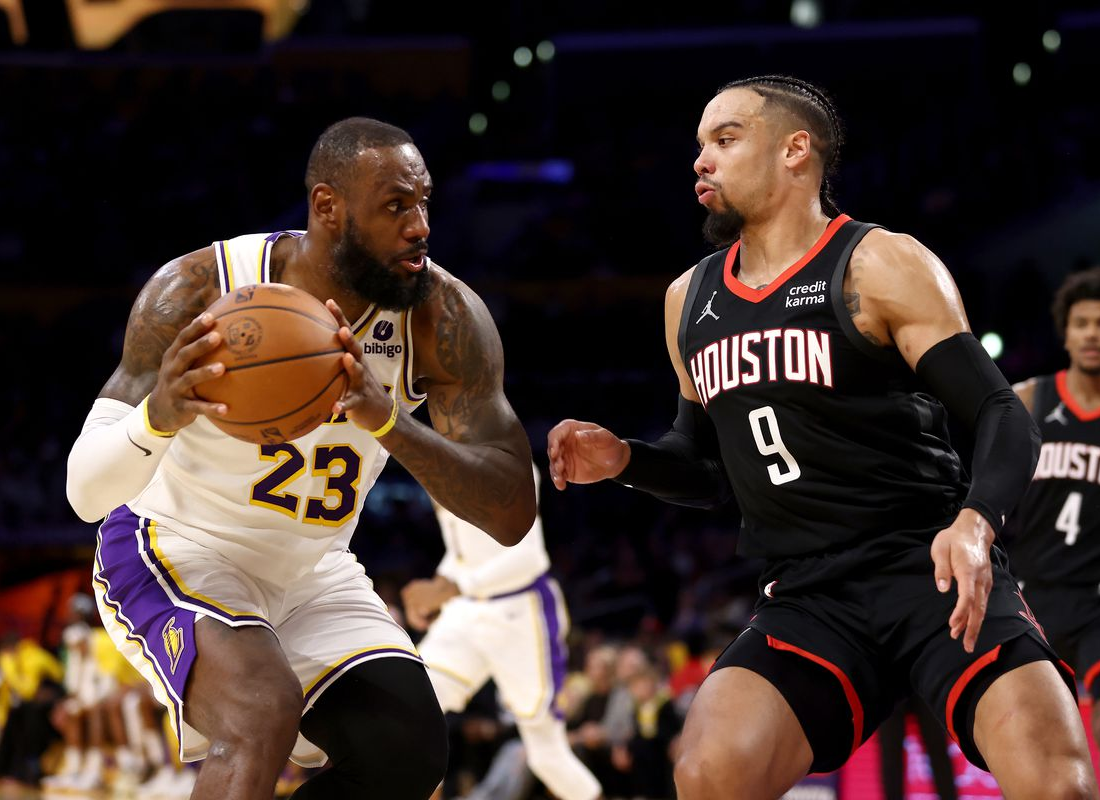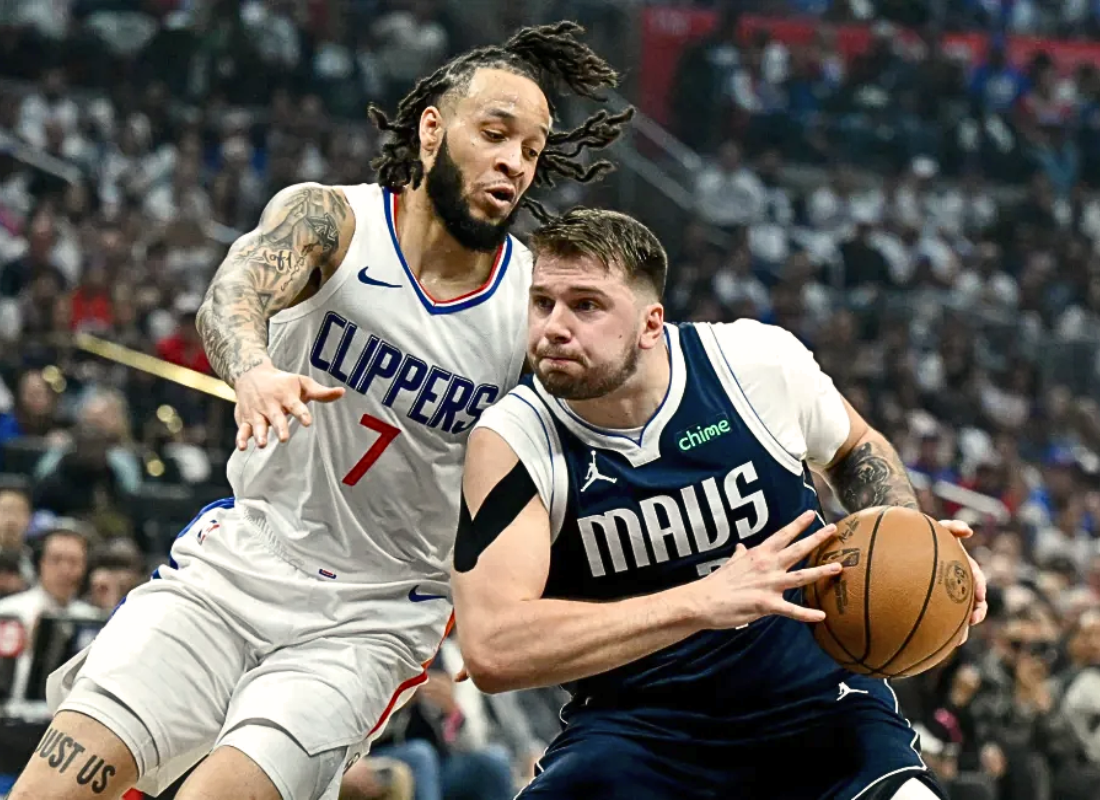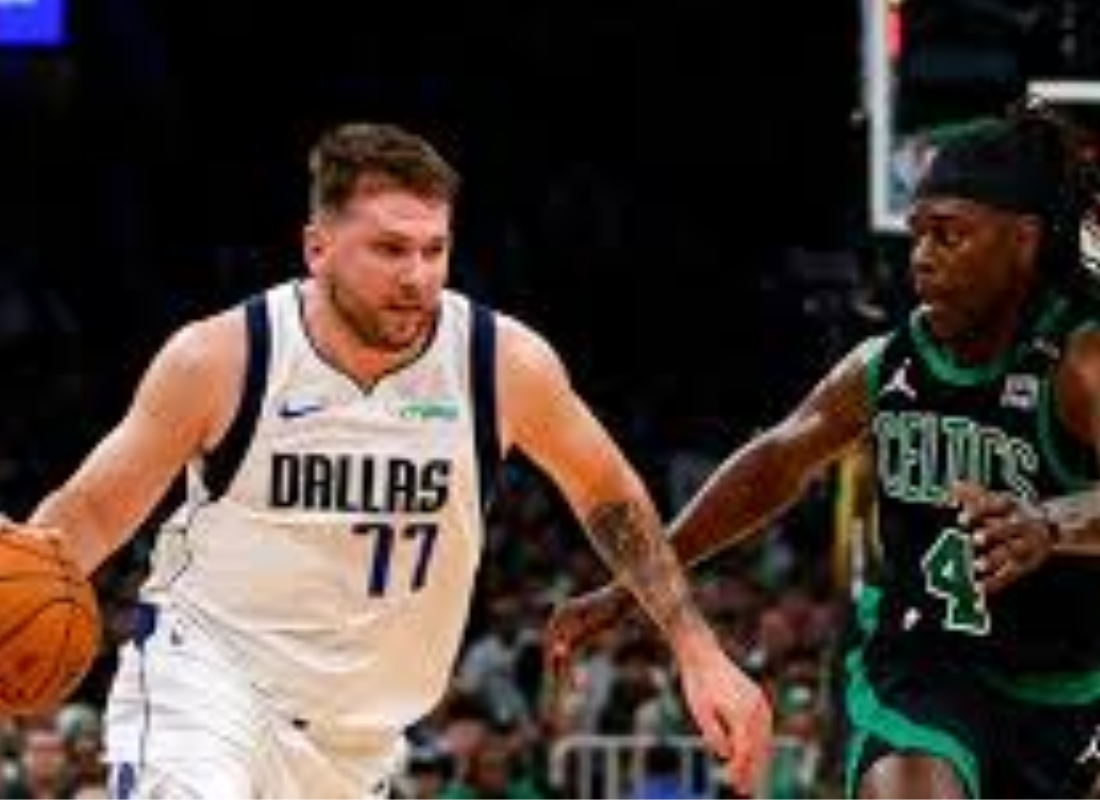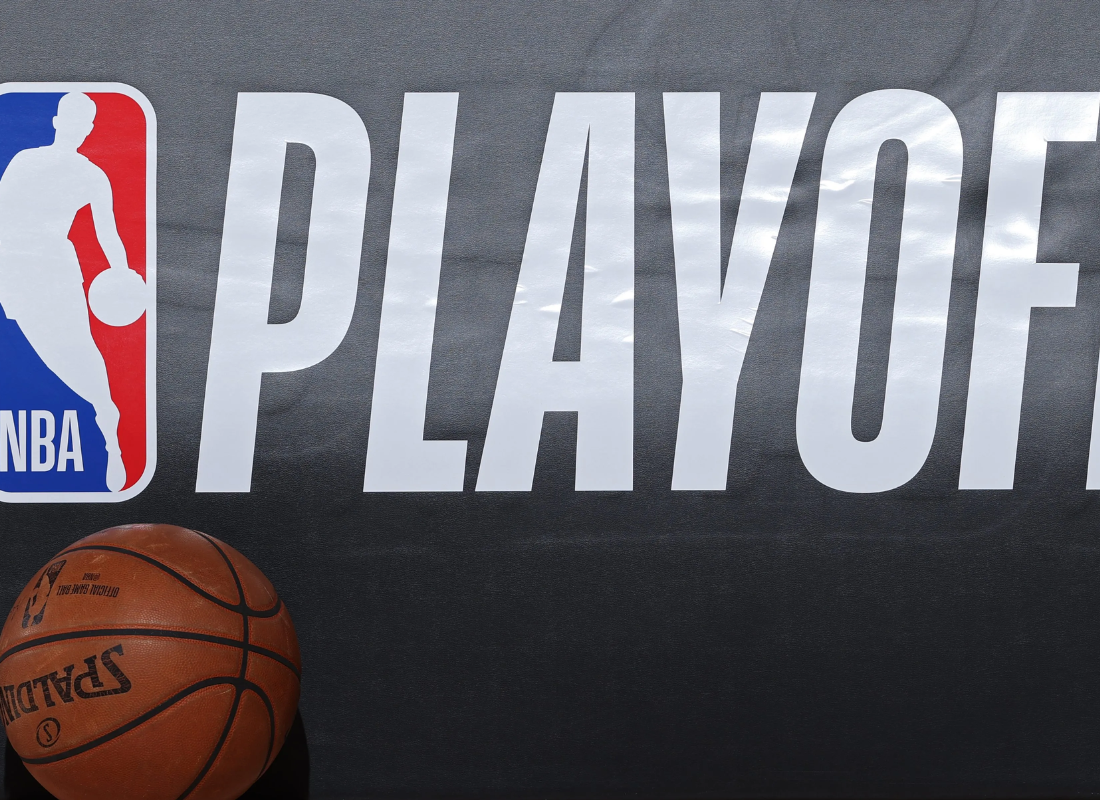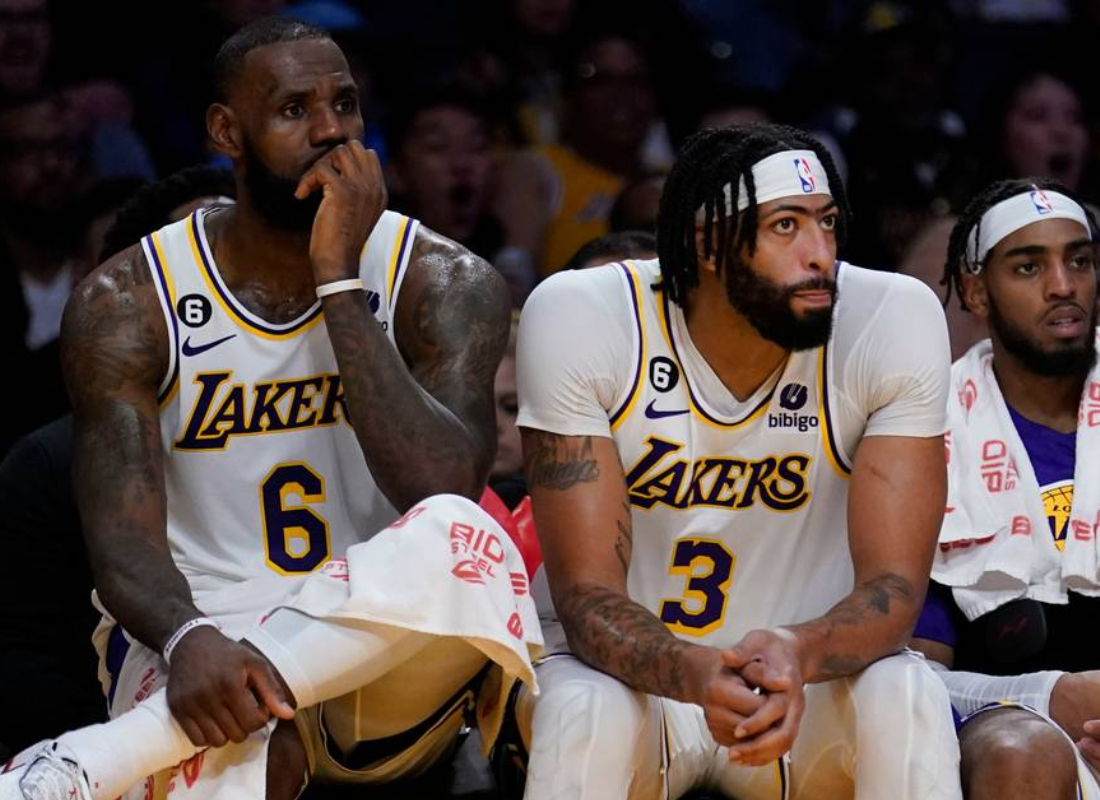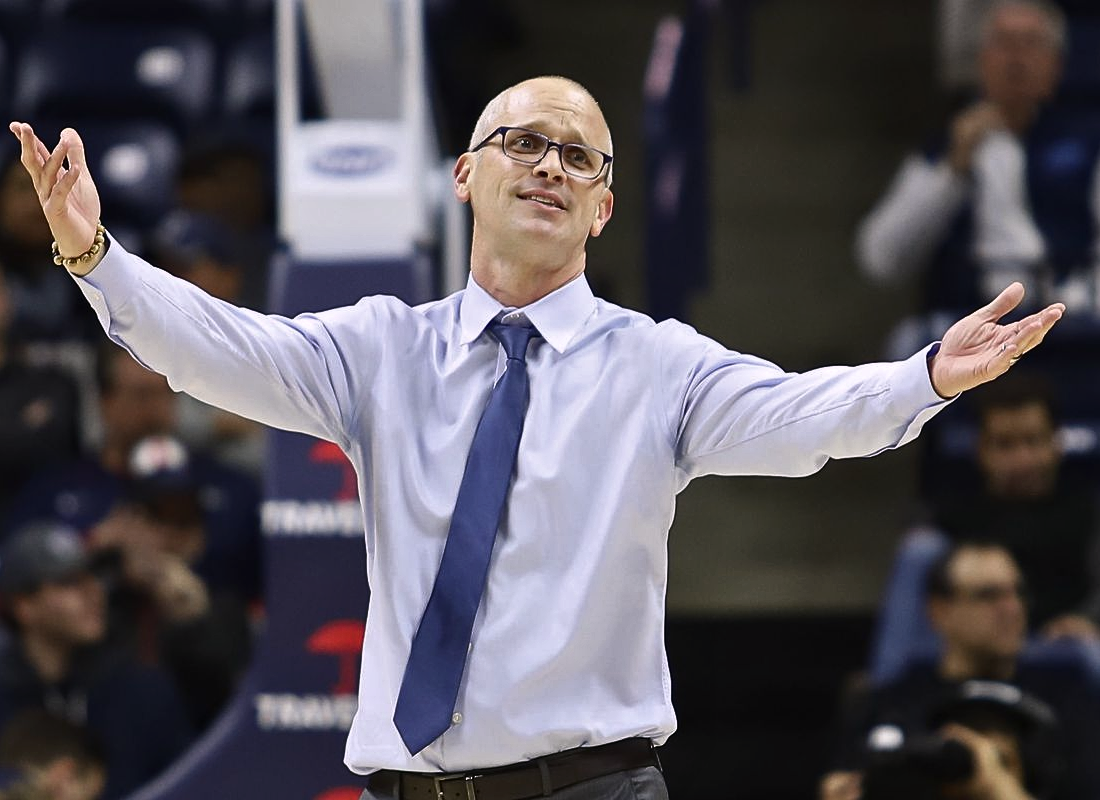New York orchestrates a historic performance from Jalen Brunson, dominates the rebounding battle, and puts Philadelphia on the verge of elimination. The New York Knicks hold an impressive 22-3 record when both Jalen Brunson and OG Anunoby are on the court.
In Game 4 of their first-round series against the Philadelphia 76ers on Sunday afternoon, these two players, along with three others, logged over 43 minutes each and had a significant impact on New York’s 97-92 victory.
Brunson’s outstanding display saw him score 47 points, establishing a new Knicks playoff record, surpassing Bernard King’s two 46-point performances in 1984. Additionally, he tallied 10 assists with just one turnover.
Anunoby’s contribution was equally significant, recording 16 points, 14 rebounds, and three blocks, while also playing a crucial defensive role against Joel Embiid. Here are some noteworthy statistics, observations, and analysis as the Knicks secured a commanding 3-1 series lead:
Knicks and Brunson Direct Focus Towards Embiid
As per Second Spectrum tracking data, the Knicks initiated 52 ball screens for Brunson, with 35 of these being set by the player guarded by Embiid. Consequently, although the top players of both teams were not directly matched up, the game essentially evolved into a contest between Brunson and Embiid from the Knicks’ standpoint.
Initially, Embiid adopted a defensive strategy of drop coverage, aiming to protect the rim and offering Brunson open jump shot opportunities if his defender became entangled in the screen. When Embiid positioned himself higher, Brunson capitalized on this, exploiting defensive gaps. Despite this defensive stance occasionally allowing the roll man to make progress, Embiid demonstrated remarkable recovery abilities, preventing layup attempts by the Knicks’ big men.
Ultimately, Brunson surpassed Embiid’s performance, as evidenced by his impressive 47-point display. Particularly noteworthy was his spectacular fading runner across his body at the shot clock buzzer, preceded by a forced switch that left Embiid exposed.
Furthermore, shortly after, Embiid found himself out of position beyond the 3-point line, enabling Brunson to drive for a crucial layup, putting the Knicks ahead by three with just over five minutes remaining.
Philadelphia evidently needs to formulate a more effective strategy to disrupt Brunson’s offensive contributions. However, adopting a more aggressive approach for Embiid to guard pick-and-rolls may not be the optimal solution. Instead, it will necessitate the collective effort of the Sixers’ other players to adeptly navigate screens and offer timely defensive assistance when required.
Knicks Maintain Dominance on the Boards
Despite their New York counterparts shooting just 5-for-19 from 3-point range on Sunday, they still maintain a respectable 41% success rate from beyond the arc in the series, connecting on 40 out of 98 attempts. When defenses collapse to provide help defense, they often become vulnerable on the rebounding end, and once again, the Knicks capitalized on offensive rebounds against the Sixers…
In Game 1, the Knicks secured an impressive 23 offensive boards, resulting in 26 second-chance points. In Game 2, although the Knicks had fewer offensive rebounds (12) and second-chance points (12), it was Isaiah Hartenstein’s offensive rebound that set up Donte DiVincenzo’s game-winning 3-pointer. In Game 4, the Knicks converted 15 offensive rebounds (along with additional second-chance opportunities from loose-ball fouls or out-of-bounds rebounds) into 21 second-chance points.
Notably, more than half (11) of these second-chance points were scored in the fourth quarter, accounting for over half of the Knicks’ 20 points in that period. Despite a challenging shooting performance by both teams in the fourth quarter, with a combined 12-for-45 (27%) field goal percentage, the Knicks’ superior rebounding ultimately proved decisive.
In situations where field goal percentage falls short of the league average, rebounding becomes doubly crucial. In Sunday’s game, the team with the superior rebounding performance emerged victorious.
During last year’s first-round matchup against the Cleveland Cavaliers, the Knicks secured offensive rebounds at an impressive rate of 39.4%, the highest rate for any team in any series over the past decade. Their offensive rebounding percentage in this series (38.9%) is only slightly lower than that remarkable figure.
Guarding Embiid Demands Team Effort
With Mitchell Robinson sidelined due to an ankle injury sustained in Game 3 and Hartenstein accruing five fouls in the third quarter after having none in the first half, Precious Achiuwa logged significant minutes, playing the final 13:25 of the game.
However, during this stretch, Achiuwa wasn’t solely responsible for defending Embiid. Instead, the 6-foot-8 Anunoby assumed this role, albeit with considerable support from his teammates. “Embiid poses a significant challenge,” noted Knicks coach Tom Thibodeau post-game. “Defending him individually is not feasible. It necessitates a coordinated defensive effort.”
The Sixers’ response to double-teams varied throughout the game. In some instances during the third quarter, Tyrese Maxey made premature shot attempts, while Kelly Oubre Jr. stalled ball movement instead of finding an open teammate.
Nonetheless, they did manage to create a couple of promising scoring opportunities from the double-team in the middle of the fourth quarter. Trailing by three points, Kyle Lowry swung the ball to Maxey, who exploited a gap in the Knicks’ defense and found Oubre under the basket for a dunk. On the following play, Maxey missed an uncontested 3-point shot because the Knicks’ initial rotation arrived late, having started from a significant distance away.
Knicks Apply Pressure on Sixers in Late Shot Clock Situationsa
Following Oubre’s dunk at the 5:04 mark, the Sixers failed to convert another field goal for the remainder of the game. Despite allowing an open 3-pointer by Maxey on the subsequent possession, the Knicks’ defense notably tightened up afterward.
Their defensive strategy began with disrupting the Sixers’ offensive flow. With the Knicks holding a narrow three-point lead and just over three minutes remaining, Philadelphia sought to exploit a matchup between Brunson and Maxey. However, Brunson and McBride, with assistance from Achiuwa, effectively thwarted this attempt.
By the time the Sixers completed the switch, only five seconds remained on the shot clock. Brunson contained Maxey’s initial drive, McBride provided timely double-team support, Anunoby rotated to dissuade Lowry from attempting a 3-pointer, and Achiuwa blocked Embiid’s 3-point attempt as the shot clock expired.
During the subsequent possession, the Sixers encountered difficulties executing their desired play, with only eight seconds remaining on the clock before Embiid received the ball in the post. Anunoby initially prevented the big man from utilizing an Oubre screen.
Subsequently, the Knicks double-teamed Embiid, with Achiuwa rotating to defend Maxey and prevent him from driving to the basket. Meanwhile, the other Knicks players adhered to their assigned shooters, forcing Maxey into a challenging, off-balance jumper that fell well short of the mark.
Knicks Implement Double-Team, Intense Effort, and Defensive Prowess
Even though the Sixers were only behind by four points, Lowry grabbed a rebound following an unsuccessful shot by Oubre. Swiftly, he distributed the ball to Embiid positioned on the left side of the court, with 11 seconds left on the shot clock. Once more, the Knicks applied a double-team.
Their defensive movements were once again commendable, with Josh Hart making a remarkable defensive effort to challenge Tobias Harris’ 3-point shot from the corner…
During that phase of the game, Anunoby had accumulated more than 45 minutes of playing time, Hart had exceeded 44 minutes, and Brunson had logged over 42 minutes. Nevertheless, the Knicks maintained their defensive intensity at a high level.
In Game 3, the Sixers scored 125 points on just 91 possessions (equivalent to 137 points per 100 possessions). However, in Game 4, they managed only 92 points on 91 possessions, with a mere 16 points scored on 21 possessions in the fourth quarter (equivalent to 76 points per 100 possessions).
The Knicks’ remarkable 22-3 record with both Brunson and Anunoby includes an unbeaten 13-0 record at Madison Square Garden. They now have the chance to clinch the series in Game 5 at home on Tuesday (7 p.m. ET, TNT).
ALSO READ:
- LeBron James Frustrated as Lakers Lose to Denver
- 2024 NBA playoffs, gauging the order of the first 8 matchups
- Isaiah Collier Enters NBA Draft After USC Freshman Year

